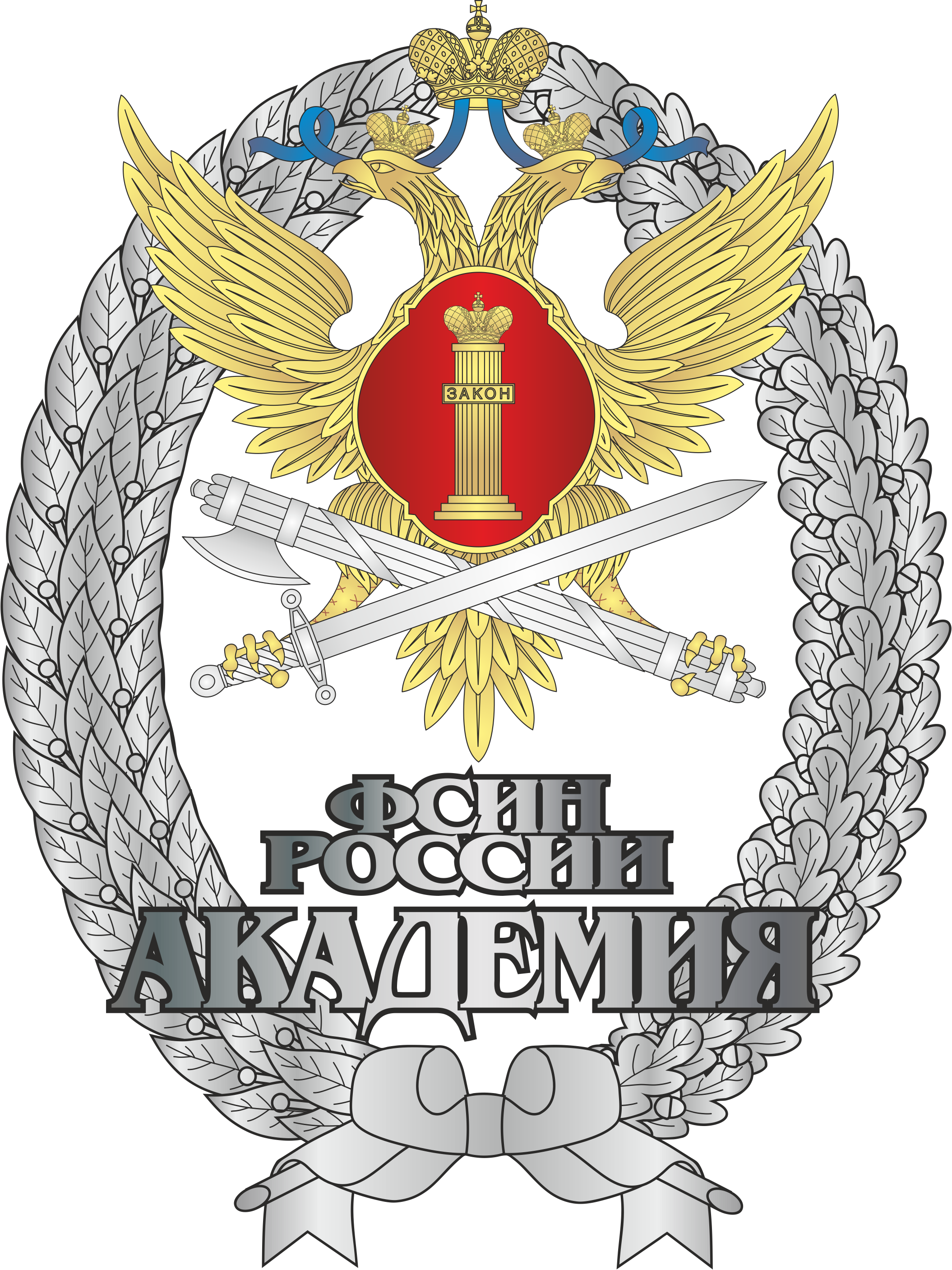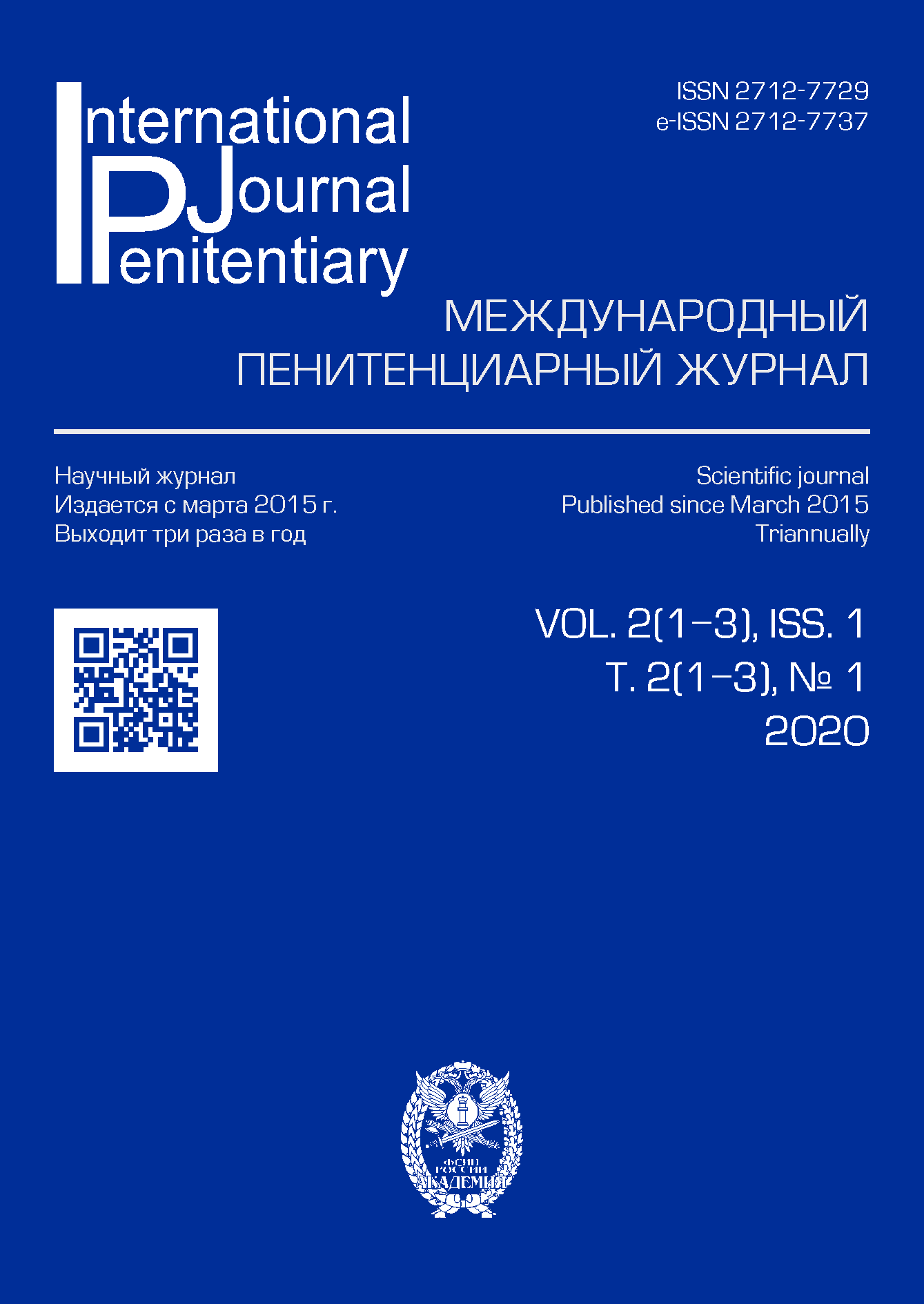Moskva, Russian Federation
Moskva, Russian Federation
CSCSTI 10.83
The article reflects the study of juvenile delinquency in the Republic of Kazakhstan and their criminal responsibility. The scientific novelty of the research is that it was conducted on the basis of the new criminal legislation of the Republic of Kazakhstan in 2014. Therefore, the complex of issues, that were previously the subject of various studies in the light of modern realities and trends of criminal law policy of the Republic of Kazakhstan, has received a new interpretation and argumentation from the perspective of the latest opportunities for study. First, the new legislative structure for determining the basis of criminal liability (Article 4 of the Criminal code of the Republic of Kazakhstan) required a reinterpretation of the content of circumstances that lead to emergence of criminal liability among juveniles. Secondly, the legally updated content of grounds for criminal liability of juveniles in the Republic of Kazakhstan has led to an update of the quality of criminal law relations that arise between juvenile offenders and state bodies, which also need a new scientific reinterpretation. Third, the new legal concept of the basis of criminal liability presupposes the existence of a new, in relation to the previous, content of the basis for the implementation of criminal liability of juveniles. Finally, the new criminal legislation of the Republic of Kazakhstan, along with the previously existing one, has introduced new forms and types of implementation of criminal liability of juveniles, which need an updated scientific and legal analysis. Its results and conclusions, obtained personally by the author, can be regarded as having scientific novelty for the above reasons. In addition, on the basis of the theory and practice research of criminal responsibility among juveniles in the Republic of Kazakhstan, the paper formulated proposals for improving the criminal legislation of not only the Republic of Kazakhstan, but also the Russian Federation, which also have a novelty. The theoretical significance of the research is to increase and systematize knowledge about the criminal liability of juveniles due to the presence of a new basis of criminal responsibility that has not been previously developed by the Russian criminal law science. The results of scientific understanding of new forms and types of implementation of criminal liability of juveniles, introduced by the Criminal code of the Republic of Kazakhstan in 2014, such as the obligation to apologize to the victim and the establishment of probation control, have theoretical significance. The conclusions, suggestions and recommendations contained in this work enrich the scientific understanding of the features of criminal liability of juveniles in the Republic of Kazakhstan. The practical significance of the work is that the provisions and recommendations contained in it can be used both in the Republic of Kazakhstan and in the Russian Federation: in the process of standard-setting activities in improving the norms of Chapter 6 of the Criminal code of the Republic of Kazakhstan and the norms of Section V of Chapter 14 of the Criminal code of the Russian Federation; in the work of specialized inter-district courts for juveniles, considering cases against juveniles and assigning criminal penalties to them; by authorities and administration in the development of preventive measures.
Republic of Kazakhstan, juveniles, juvenile delinquency, criminal liability, grounds for criminal liability, juvenile justice, exemption from criminal liability and punishment.
1. Abdirov, N. M. 2017, Coordinating activities of the Prosecutor’s office to ensure law and order and fight crime in the Republic of Kazakhstan: PhD thesis (Law), Moscow.
2. Apenov, S. M. 2017, Features of criminal misconduct under the criminal legislation of the Republic of Kazakhstan (in comparison with foreign legislative practice), viewed 21 October 2017, https://articlekz.com/article/18672.
3. Atzhanova, T. Zh. 1998, Features of release of juveniles from criminal liability (under the legislation of the Republic of Kazakhstan and the Russian Federation): PhD thesis (Law), Chelyabinsk.
4. Golovko, L. V. 2017, Analysis of the draft concept of the Criminal code of the Republic of Kazakhstan, viewed 21 October 2017, https://www.zakon.kz/4480131-analiz-koncepcii-proekta-ugolovnogo.html.
5. Davydenko, A. V. 2013, Differentiation of criminal liability of juveniles depending on age: PhD thesis (Law), Moscow.
6. Ermuratov, D. 2014, Criminal liability of juveniles, viewed 21 November 2016, http://alm.prokuror.kz/rus/novosti/stati/ugolovnaya-otvetstvennost-nesovershennoletnih-0.
7. Zor’kina, A. A. 2016, Comission of crimes by negligence of juveniles: criminal-legal and criminological aspects: PhD thesis (Law), Moscow.
8. Kaybzhanov, M. Zh. 2017, Theft prevention in the Republic of Kazakhstan: PhD thesis (Law), Moscow.
9. Karzhaubaeva, L. M. 2009, Juvenile delinquency in the Republic of Kazakhstan: PhD thesis (Law), Moscow.
10. Loginova, K. Yu. 2015, Property crimes of juveniles and measures to prevent them: PhD thesis (Law), Tomsk.
11. Musali Nuradel’, 2008, Problems of improving legislation on responsibility and individualization of punishment for juveniles: PhD thesis (Law), Moscow.
12. Prokopenko, V. 2016, Under what conditions of detention juvenile offenders live in Kazakhstan, viewed 21 November 2016, https://tengrinews.kz/kazakhstan_news/kakih-usloviyah-soderjatsya-nesovershennoletnie-prestupniki-297646/.
13. Sakenova, A. B. 2017, Some aspects of theory and practice of sentencing under the criminal legislation of the Republic of Kazakhstan: PhD thesis (Law), Moscow.
14. Sarybekova, S. M. 2017, Concept and features of a criminal offense under the criminal law of the Republic of Kazakhstan, viewed 21 October 2017, https://articlekz.com/article/18694.












